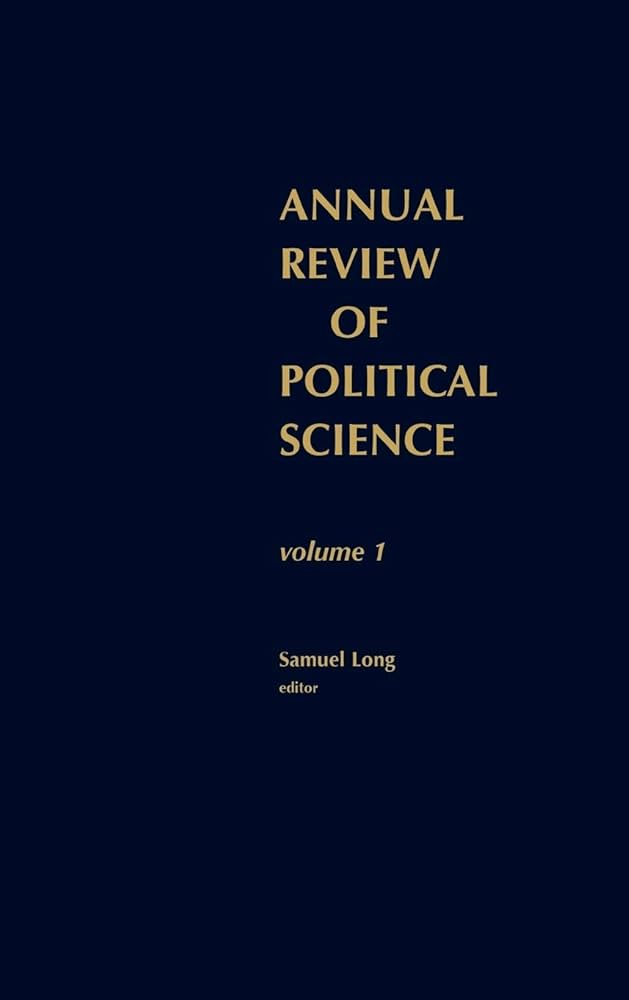威权权力分享:概念、机制与策略
IF 9.5
1区 社会学
Q1 POLITICAL SCIENCE
引用次数: 7
摘要
我们为研究专制政权的权力分享提供了统一的语言。权力分享协议不仅需要在统治者和挑战者之间分享战利品,还需要建立执行机制。如果不重新分配权力,使统治者食言付出代价,一种安排就不能真正分享权力。制度上的让步,例如将议程控制权下放到政策决策或授权第三方执法者,可以重新分配权力。然而,薄弱的机构造成了阻碍可信承诺的第22条军规。当制度薄弱时,如果挑战者有强制手段来捍卫他们的战利品,那么自我强制的权力分享仍然是可能的。然而,挑战者可以利用他们的强制能力推翻统治者。这把双刃剑意味着,战略独裁者只有在特定条件下才会分享权力:挑战者可以可信地惩罚专制统治者;如果统治者分享权力,挑战者必须自愿放弃采取有害的行动;统治者心甘情愿地默许了权力和租金的减少。预计《政治学年度评论》第26卷的最终在线出版日期为2023年6月。修订后的估计数请参阅http://www.annualreviews.org/page/journal/pubdates。本文章由计算机程序翻译,如有差异,请以英文原文为准。
Authoritarian Power Sharing: Concepts, Mechanisms, and Strategies
We provide a unified language for studying power sharing in authoritarian regimes. Power-sharing deals entail not only sharing spoils between a ruler and challenger, but also establishing an enforcement mechanism. An arrangement does not truly share power without reallocating power to make it costly for the ruler to renege. Institutional concessions, such as delegating agenda control over policy decisions or empowering third-party enforcers, can reallocate power. However, weak institutions create a Catch-22 that inhibits credible commitment. When institutions are weak, self-enforcing power sharing is still possible if challengers have coercive means to defend their spoils. However, challengers can leverage their coercive capabilities to overthrow the ruler. This double-edged sword implies that a strategic dictator shares power only under specific conditions: challengers can credibly punish an autocratic ruler; if the ruler shares power, the challenger must willingly forgo taking harmful actions; and the ruler willingly acquiesces to diminished power and rents. Expected final online publication date for the Annual Review of Political Science, Volume 26 is June 2023. Please see http://www.annualreviews.org/page/journal/pubdates for revised estimates.
求助全文
通过发布文献求助,成功后即可免费获取论文全文。
去求助
来源期刊

Annual Review of Political Science
POLITICAL SCIENCE-
CiteScore
15.20
自引率
4.60%
发文量
23
期刊介绍:
The Annual Review of Political Science has been published since 1998 to provide comprehensive coverage of critical advancements in the field. It encompasses a wide range of subjects within Political Science, such as political theory and philosophy, international relations, political economy, political behavior, American and comparative politics, public administration and policy, and methodology.
 求助内容:
求助内容: 应助结果提醒方式:
应助结果提醒方式:


